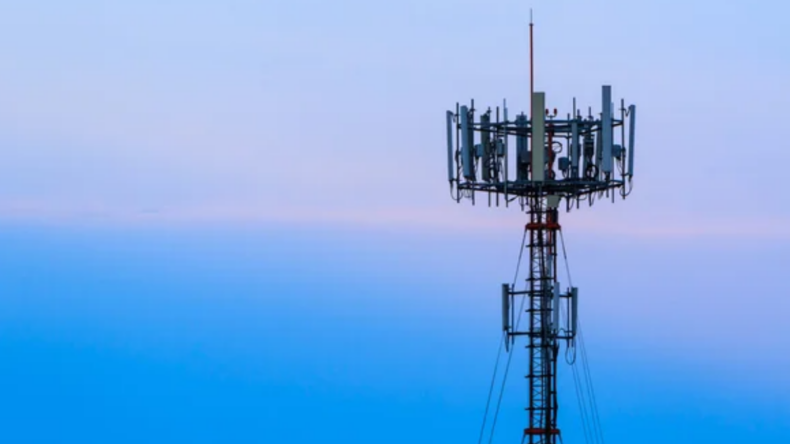Bharat Airtel will raise tariffs for all its prepaid users by up to 25% from November 26 in a primary bid to boost average revenue per user (ARPU) and improve its financial health, pushing the telco’s shares to record highs.
The most noticeable is the hike in tariff of its entry-level 28-day voice-only plan from Rs 79 to Rs 99. As per the India Ratings and Research, airtel could aim to shift non-data customers to data customers, which would lead to higher average revenue per user.
Being an oligopoly telecom market, the other two private players Vodafone Idea and Reliance Jio, are widely expected to follow the same. The last industry-wide rise in price came two years ago, in December 2019.
Vodafone Idea had also pushed for a minimum floor price with telecom regulator TRAI, but the idea did not take off. With a constantly declining subscriber base, it could not take the lead in raising tariffs.
So, Airtel’s decision could provide new hope for Vodafone Idea, which is now holding talks with investors to raise much-needed funds. The company has a total debt of Rs 1.94 trillion, with statutory dues like deferred spectrum payment obligations and adjusted gross revenue or AGR dues making up most of it.
The tariff increase of Vodafone Idea followed it with a raise of 20%. Vodafone Idea said in its press release that the new plans would benefit the average revenue per user and would help to address the financial stress faced by the industry.
December 1, following similar moves by rivals Bharti Airtel and Vodafone Idea (VI), last week as the Mukesh Ambani owned telecom company aims to net more revenue from each user. Despite the increase in rates, Jio has kept the price of plans lower than Airtel and Vodafone Idea (Vi), which is expected to continue pricing competition in the industry.
The increase in tariff entails JioPhone Plan, Unlimited Plans, and data add-on, ranging between 19.6 and 21.3 percent. Slightly lower on some tariff plans, as the market leader makes a push to bag 500 million.
From December 1, JioPhone subscribers will have an entry-level plan of Rs 91, about percent higher than before. For its non-feature phone subscribers, the Rs 129 base plan will be raised to Rs 155. Eleven other tariff plans have also seen rate increases, and the telco has also included four add–on data packs.
The rating agency Crisil Ratings said that “the tariff hike announced by a major telecom operator is a much-needed step towards the telecom sector’s profitability and returns profile. It will also help the telcos invest in rolling out 5G mobile services over the medium term”.
It is to note that the pattern of tariff hikes is almost similar for all three private telecom operators. Being the mainstream telcos, many Indians depend on Vodafone Idea, Bharti Airtel, and Reliance Jio for telecommunication services. Communication is an essential element in humans who address themselves as social beings, and it is necessary for their growth and development.
The tariff increase will benefit the private telecom companies and improve their business opportunities. But is the increase welcoming in a developing nation like India, where half of the people live in extreme poverty? The answer would be a no since telecommunication services have become a significant necessity for people to communicate.
Unlike private sectors, the public sector isn’t solely based on profit-making. In India, a strong and healthy functioning public sector is necessary to support its citizens in development and growth, and it necessitates the importance of a full-fledged public sector.
BSNL being a public telecom service, should be made more vibrant, and 4G service should be made available to all parts of India as soon as possible. This can cause people to rely less on private networks like Reliance, Vodafone Idea, and Airtel.












